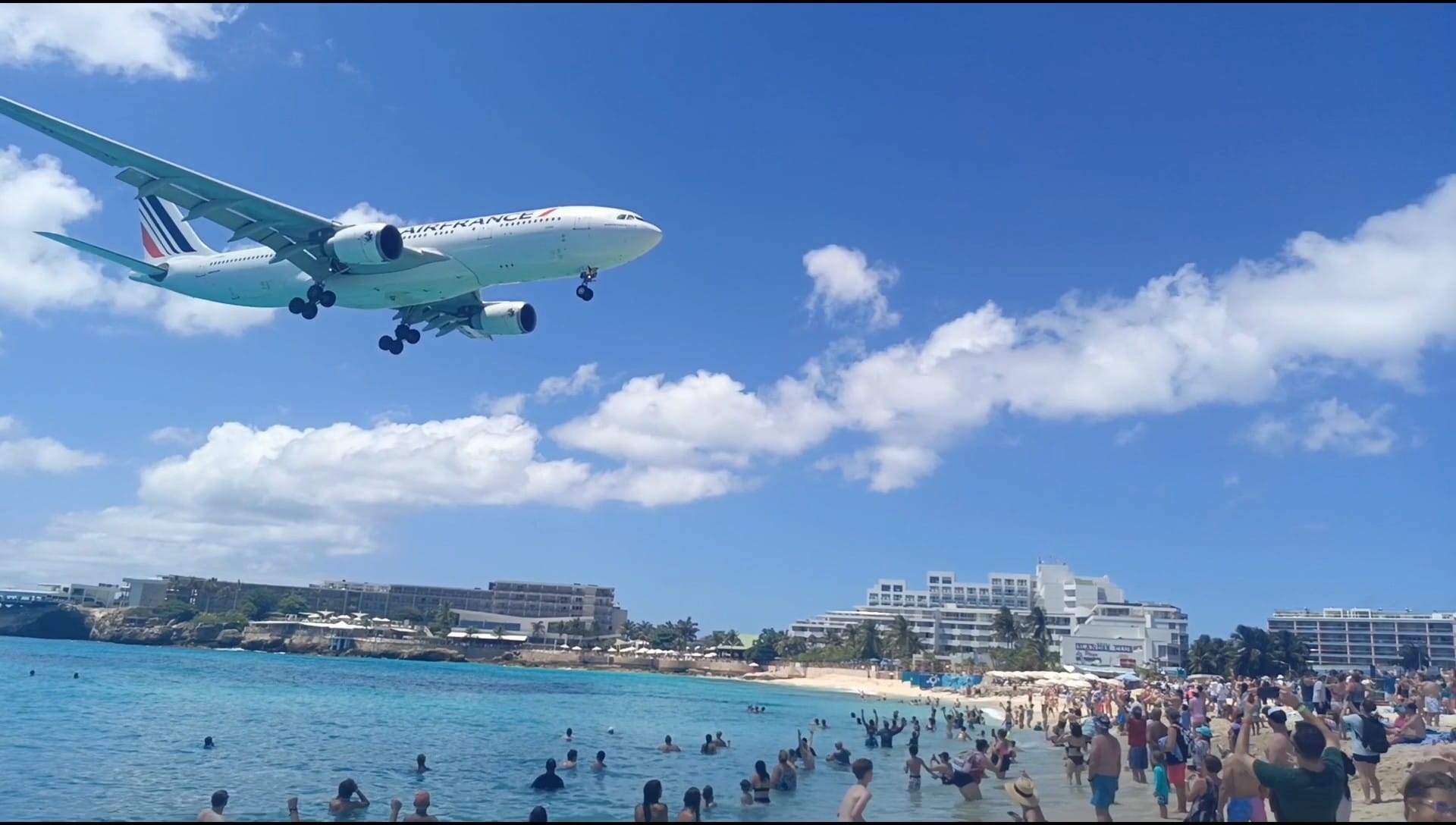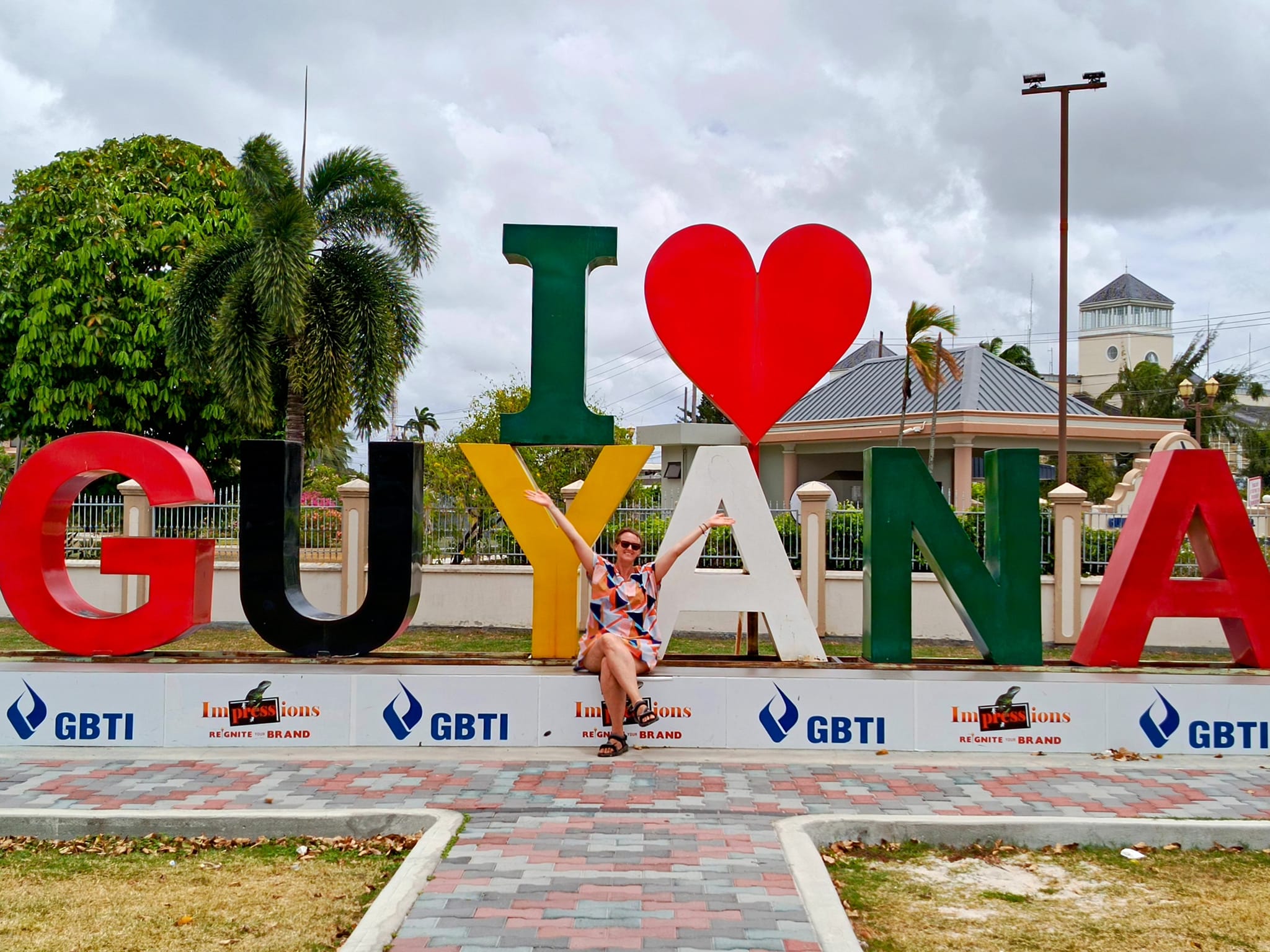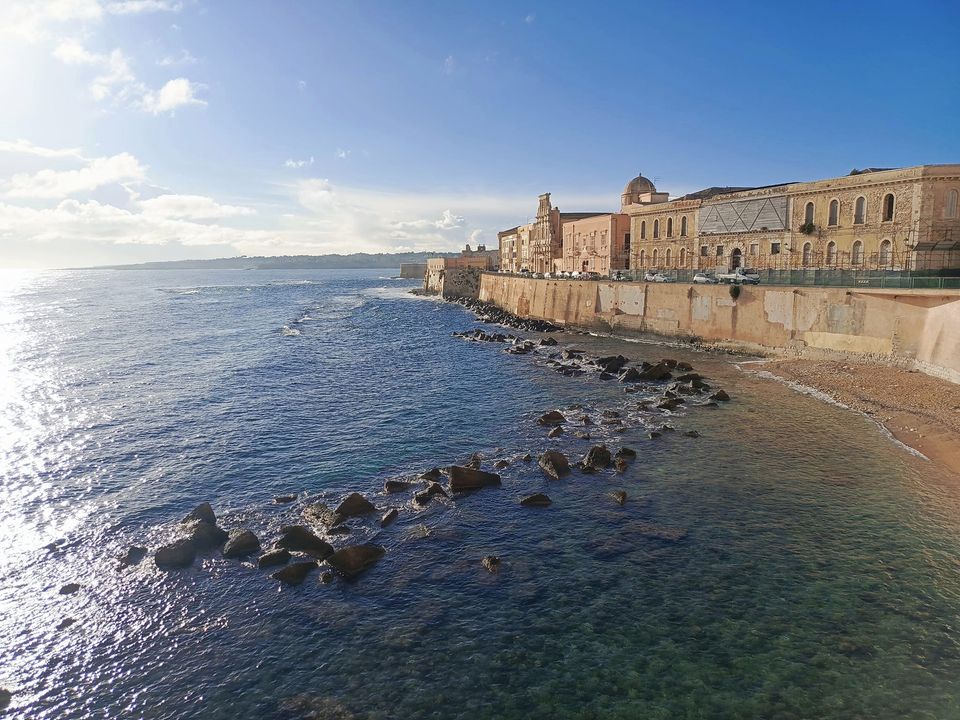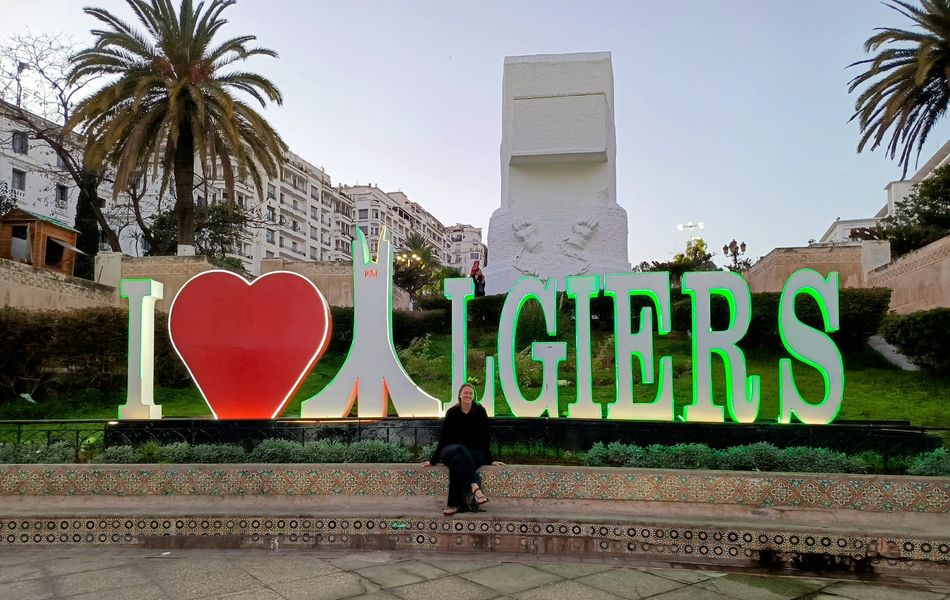A few days ago, I noticed a post on a Facebook group where someone asked if anyone would go to North Korea if they were given the opportunity. I replied that I had been and that it was interesting. I immediately got a response from one woman asking how I felt that my visit could be considered propaganda that the government will use to prove how great their country is. I gave a very brief explanation as to why I had decided to go (after careful research and consideration) and was told that I used my wealth and privilege and that I was being unethical. The conversation got me thinking about the “dark” tourism and the geopolitical impacts of it. (Side note: I actually wanted to do my master’s thesis on the link between tourism and geopolitics. Sadly, it got vetoed by the program director.)
North Korea brings up sinister images in people’s mind of millions of Koreans goose-stepping their way towards nuclear holocaust. The death of Otto Warmbier marked a new wave of propaganda from the US on the evils of North Korea. Few foreigners have ventured into the country and news stories break every few years about tourists being detained there.
Tourism to the DPRK brings up a lot of sensitive topics and is a discussion that comes up frequently. Should you go to a place that has been ruled by a series of dictators for the past 60 years? Are you harming the North Korean population by providing tiny amounts of funding to the government? Are you legitimizing their rule? Or are you helping expose the population to another way of life?
I went to North Korea in 2014 with Young Pioneer Tours. This was before Warmbier’s death and before Trump met with Kim Jung Un. It was a time when things were relatively quiet in the long-running feud of North Korea vs. the world.
When I got back from my trip and even still today, people always ask the same question. “So what was it really like????” In all honesty, it was nothing like you would expect.
Like many other places around the world, life actually seemed pretty mundane. People wake up, go to work or school, and come home. We saw school children noisily crossing the main square of Pyongyang with their exasperated teachers in tow. We watched drunk Koreans dancing in a park on a public holiday. We went to the see the symphony and someone farted very loudly (the sound echoed throughout the theater – it really did have great acoustics) and nearly everyone in the audience fell asleep.


Pynongyang Dance Party
During the trip, I ran a 10k through the streets as part of the Pyongyang Marathon and the locals came out to cheer me on and give me high-fives. We visited a water park, an amusement park and hung out a lot in the rotating restaurant at the top of our hotel.
We used the hotel swimming pool and indoor bowling alley. I saw a woman put a sanitary pad into her underwear in the waterpark locker room and a guy in my group complained about the little boys in the locker room staring at his “junk” while he was in the shower.
During the tour, our male and female guides treated us like family. The male guide told dad jokes and would begin laughing before he even got to the punchline. The young female guide would roll her eyes and giggle along with the rest of us. Our guides drank beer with us and half-heartedly repeated their “propaganda lines” when pressed.
I know that everyone has a different experience when traveling and my group got a bit more freedom than normal. I never felt unsafe or threatened and the only time that I was asked not to take photos was when we were near a military base. I wasn’t searched when I left the country and didn’t have someone search through my phone or camera. While we couldn’t travel around freely, it actually didn’t feel that much different than any other “packaged” holidays that I have been on.
These were just a few of the experiences that I had when I was there for a week. While this gives an idea of what it is like, of course, there is still the lingering issue as to whether or not tourists should visit North Korea. So should you go? In my opinion, people SHOULD visit the country. It not only exposes North Korean citizens to the outside world. It exposes the outside world to North Korea. As a firm believer in the power of travel to connect people of different cultures, I think the benefits of this exposure far outweigh the concerns about propping up the DPRK government through tourism dollars.
Please note: As of 2019, China is the main supporter of the DPRK and the economic relationship between the countries is a way to ensure that the regime does not collapse. A collapse of this scope would cause a refugee crisis that neither China or South Korea are able to handle.) You can read more about this relationship at https://www.cfr.org/backgrounder/china-north-korea-relationship.










